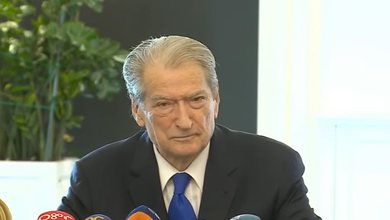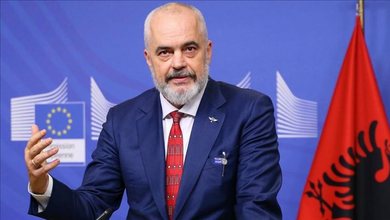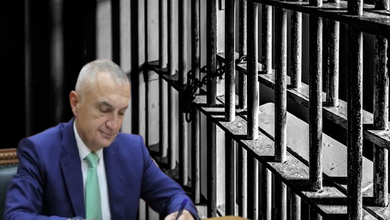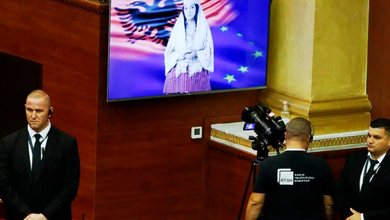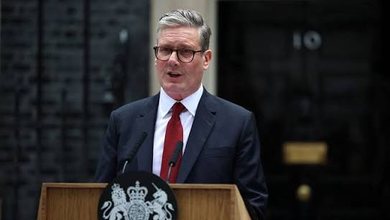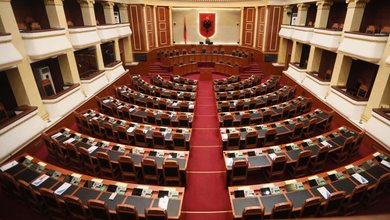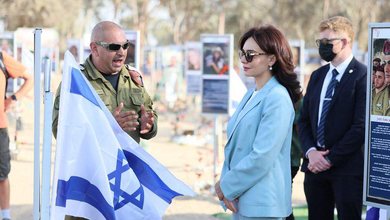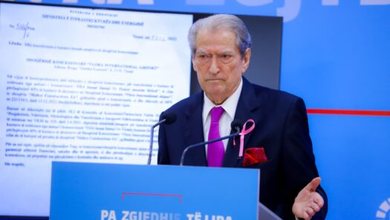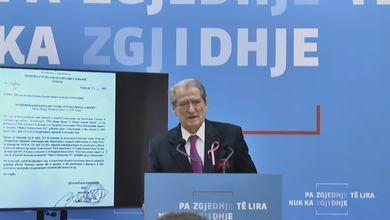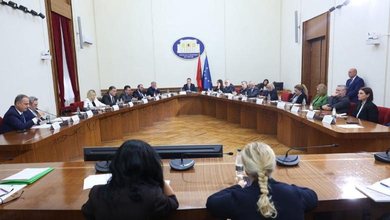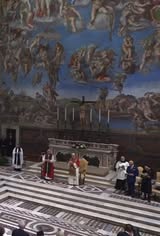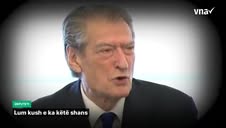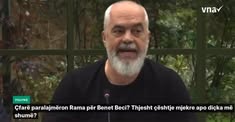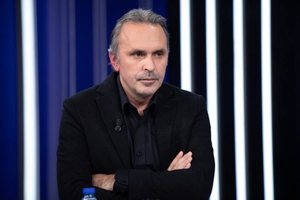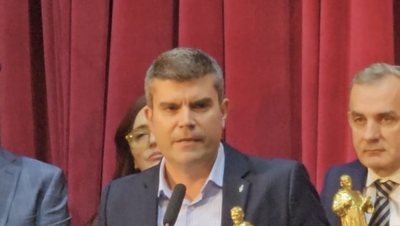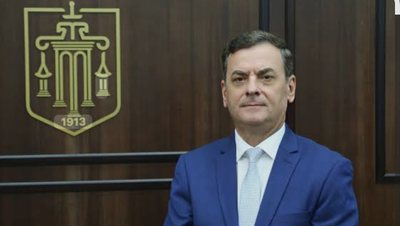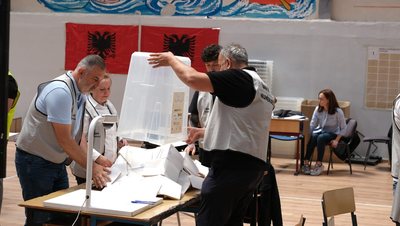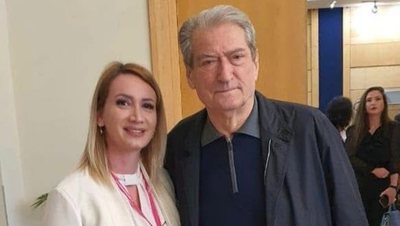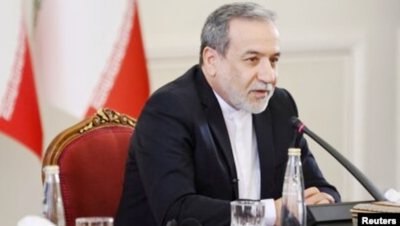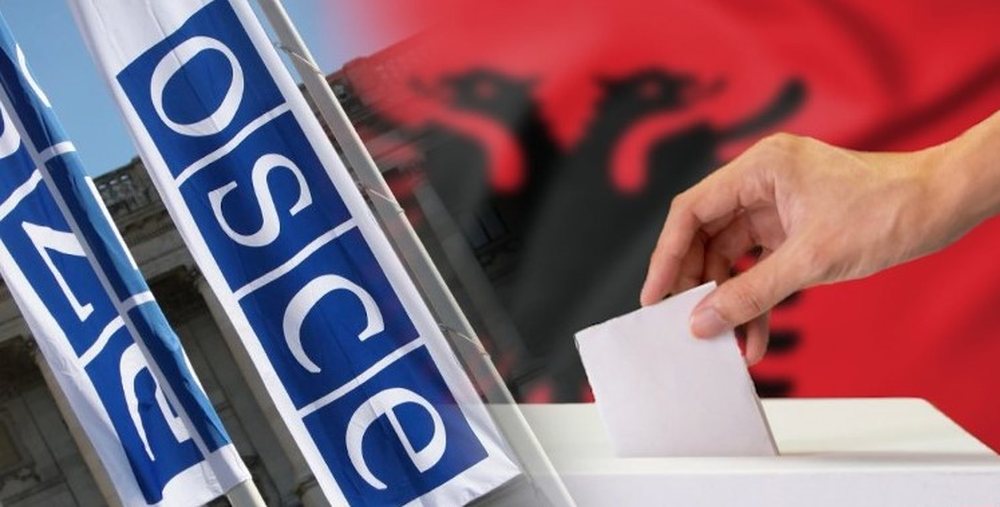
The OSCE/ODIHR published its final report on the May 11 elections, highlighting a polarized environment, divisive language on social media, and cases of intimidation of candidates. The report notes that the election administration acted transparently, but the ruling party benefited from the extensive use of administrative resources, creating an unfair advantage.
Out-of-country voting was well managed, but some incidents of intimidation and lack of respect for procedures were noted on election day. Concentration of media ownership and the dominance of the two largest parties limited information for voters. The new mechanism for prosecuting electoral crimes is a positive step, but further follow-up is needed.
The report includes clear recommendations for comprehensive reforms, including depoliticizing the election administration, training counting teams, educating voters on electronic voting, and stopping the misuse of public resources. It also calls for swift sanctions for violations and full transparency in campaign spending. The goal is to ensure fair competition and informed democratic elections.
PART OF THE REPORT
In its statement of preliminary findings and conclusions published on 12 May 2025, the IEOM concluded that the elections “were competitive and conducted in a professional manner, but were held in a highly polarized environment and participants did not enjoy a level playing field. However, candidates were generally able to campaign freely, although some reported cases of intimidation. The election administration managed the process in an inclusive and transparent manner. Out-of-country voting, introduced for the first time in these elections, was managed well, despite the late political agreement and adoption of this measure, as well as some organizational issues. The ruling party benefited from the extensive use of administrative resources during the campaign, creating an unfair advantage for the government. There were also a significant number of allegations of pressure on voters, especially on public employees. Furthermore, the electoral legislation and its narrow interpretation by the election administration did not prevent abusive practices.
The concentration of media ownership, which undermines the pluralism of news sources, together with self-censorship among journalists and the dominance of media coverage by the two largest parties, limited the ability of voters to make an informed choice. The active use of online social networks by participants amplified divisive language, while no authority was designated to detect harmful manipulative content. The new inter-institutional coordination mechanism for the investigation and prosecution of electoral crimes is a positive development, but further follow-up is required to address ongoing concerns about electoral irregularities. Election day was generally calm and well-organized, but a lack of respect for procedures was often observed, and it was characterized by several incidents of voter intimidation and incitement, as well as some procedural and transparency deficiencies during the vote count.”
The legal framework provides a sufficient basis for the conduct of democratic elections, despite the need for a comprehensive electoral reform with inclusive public consultations. The shortcomings and ambiguities identified reduce the clarity of the legal framework and create uncertainty in its implementation both in spirit and in practice. While some of the ODIHR recommendations have been addressed, most long-standing recommendations, including those related to the composition of lower-level election commissions, interim reporting of campaign finance, and provisions to ensure an appropriate media environment — including the abolition of criminal liability for defamation — remain unaddressed, indicating a lack of political will for comprehensive reforms.
Parliament is elected through a modified electoral system combining closed and preferential lists, which was introduced before these elections.
RECOMMENDATIONS:
1. To address the outstanding ODIHR recommendations, as well as various ambiguities and inconsistencies, the electoral legal framework should be comprehensively reformed through an inclusive consultative process well in advance of the next elections, in line with international standards and good practices.
2. To guarantee the stability of the election administration, consideration should be given to depoliticizing the appointment procedure of the election administration at the lowest levels, as well as limiting arbitrary and last-minute replacements of commission members, in order to ensure proper and timely training for all members.
3. To strengthen the capacity and professionalism of the Ballot Counting Teams, the CEC should conduct specific training sessions on counting procedures, draft a standardized training curriculum, and include understandable manuals and information sheets on the counting process.
4. Voter education efforts on e-voting should be intensified, with a focus on increasing voter awareness of e-voting procedures and ensuring that all voters are able to vote independently.
5. To eliminate ambiguities in legislation regarding the election campaign, the use of administrative resources for electoral purposes should be prohibited from the moment the elections are announced until voting day.
6. In order to ensure a level playing field, the authorities should take measures to prevent the misuse of public functions and state resources. Proportionate and dissuasive sanctions should be imposed, which should be applied promptly to such violations.
7. In line with good practices, the law should clearly define which pre-election activities constitute campaign expenditures, ensuring that they are subject to appropriate reporting, oversight and possible sanctions.
8. Audiovisual materials produced by political parties or government authorities should be clearly labelled as political advertising and therefore banned from news and editorial programmes. Effective measures should be in place to address violations, which should be implemented in a timely manner.


